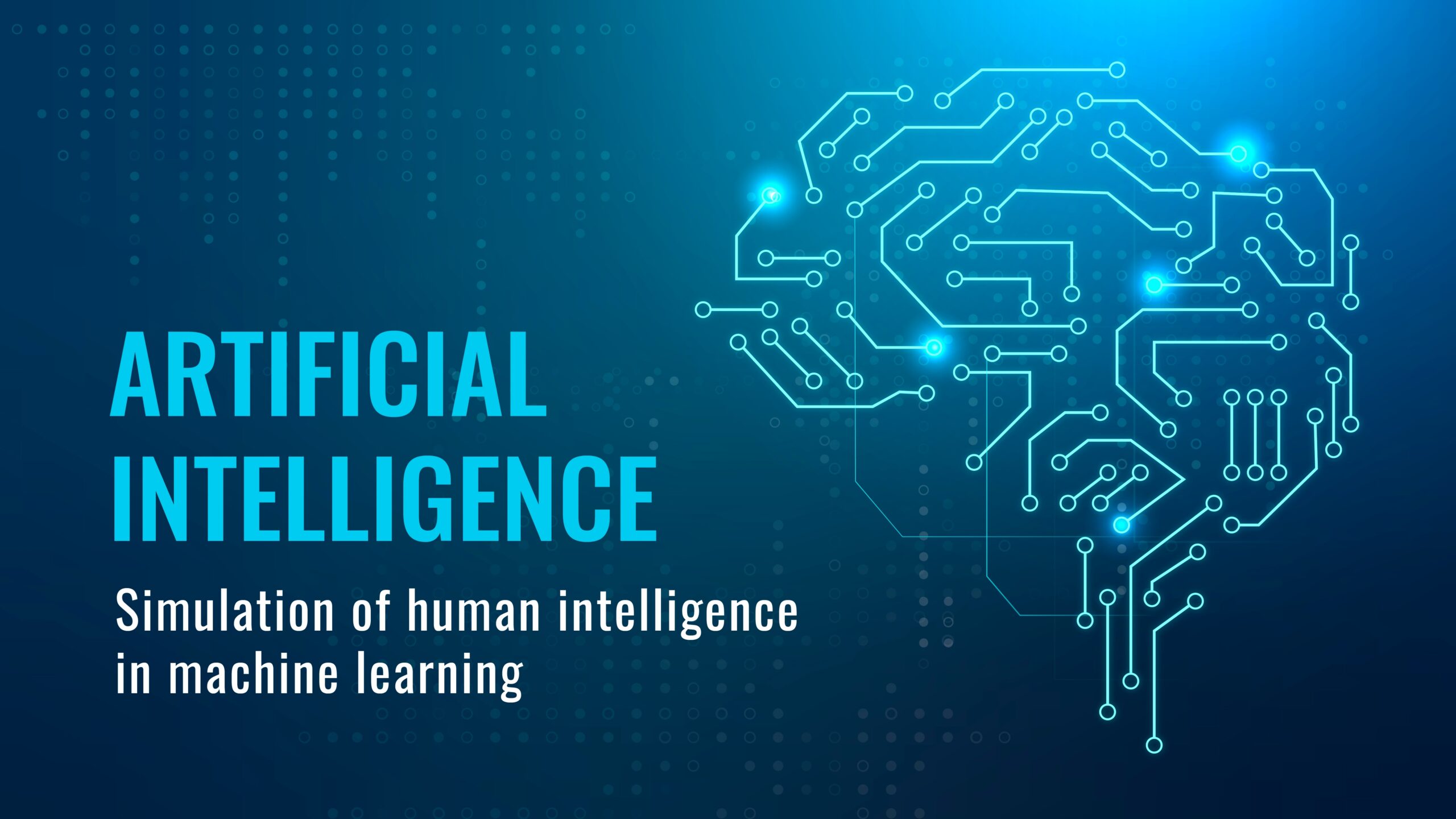Advantages of Artificial Intelligence
Definition of Artificial Intelligence (AI)
Artificial Intelligence (AI) is a branch of computer science that deals with the creation of intelligent agents, which are systems that can reason, learn, and solve problems. AI research deals with both the mathematical theory of such systems and their practical implementation. Artificial intelligence technologies have been used in a number of applications, including early versions of expert systems, medical diagnosis, and industrial process control.
More recently, AI has been used in the development of consumer products such as personal digital assistants (PDAs) and intelligent toys. Artificial intelligence is also being used to develop new types of computer interfaces and to design intelligent agents for the World Wide Web. As AI technologies become more sophisticated, they are likely to have a profound impact on a wide variety of areas, including education, healthcare, transportation, manufacturing, and communication.
7 Advantages of Artificial Intelligence
Reducing Cost and Money Savings
Artificial intelligence has the potential to revolutionize the way we do business and manage our finances. One area where AI can have a major impact is in reducing costs. By automating tasks and processes, businesses can save money on labor costs. In addition, AI can help businesses to optimize their operations, leading to further cost savings. For consumers, AI-powered apps and services can help to save money by providing personalized recommendations and discounts. As AI becomes more widespread, it is likely that cost savings will become an increasingly important driver of adoption.
Increase Work Efficiency
Artificial Intelligence Increases Work Efficiency Artificial intelligence has the ability to increase work efficiency by completing tasks that would typically require human cognitive abilities. This technology can be used to process and make decisions on a variety of tasks such as customer service, financial analysis, and fraud detection. Additionally, AI can be used to automate repetitive and low-level tasks, leaving humans free to focus on more challenging and complex work. In many cases, AI is able to work faster and more accurately than humans, making it an invaluable tool for increasing work efficiency. As businesses continue to adopt AI technology, we will likely see a significant increase in work efficiency across a wide range of industries.
High Accuracy
Artificial intelligence is slowly becoming more accurate as technology improves. This is due to various factors, including the increasing availability of data, the development of better algorithms, and the increased computing power of devices. As a result, AI is increasingly being used in various applications where high accuracy is required, such as medical diagnosis and weather forecasting. In the future, it is likely that AI will become even more accurate as it continues to benefit from these advances.
Decision Making
Artificial intelligence is increasingly being used to make decisions that have traditionally been made by humans. From lending money to deciding which products to stock on store shelves, AI is being relied upon to make complex decisions quickly and efficiently. However, there are some concerns about how well AI can really understand the nuances of human decision-making. After all, AI is powered by algorithms, which are based on a set of rules or instructions. This means that AI is not capable of making the same type of intuitive, irrational decisions that humans are. As a result, there are some who worry that AI may not be able to adequately take into account all of the factors that need to be considered when making important decisions. Only time will tell if AI is up to the task of making complex decisions on behalf of humans.
Automation
Automation is increasingly becoming a part of our lives, from the cars we drive to the houses we live in. But what exactly is automation? In its simplest form, automation is the use of technology to perform a task that would otherwise be performed by a human. This can range from something as simple as turning on your lights when you walk into a room to more complex tasks like driving a car or flying an airplane. Automation can also be used to create Artificial Intelligence (AI). AI is a form of automation that involves using computer software to mimic human intelligence. This can be used to do things like recognize patterns or make decisions. Automation and AI are both rapidly evolving technologies that are changing the way we live and work.
Business Continuity
Artificial Intelligence (AI) is playing an increasingly important role in business continuity planning. By automating tasks and processes, AI can help organizations to keep critical functions running during a disruption. For example, if a natural disaster damages a company’s physical infrastructure, AI can be used to reroute customer calls to other call centers, track inventory levels, and provide real-time updates on the status of the recovery effort. In addition, AI can help businesses to identify risk factors and develop plans to mitigate the impact of potential disruptions. As businesses become more reliant on technology, AI will become an essential tool for ensuring continuity of operations.
Reducing Errors
Artificial intelligence has the potential to significantly reduce errors in a variety of fields. In medicine, for example, AI can be used to diagnose diseases more accurately and to design more effective treatments. In manufacturing, AI can be used to improve quality control by identifying errors in the production process and suggesting ways to correct them. In logistics, AI can be used to optimize delivery schedules and route vehicles more efficiently. And in finance, AI can be used to identify fraud and to recommend investment strategies. By minimizing errors, AI has the potential to improve the efficiency of many industries and make our lives better.


